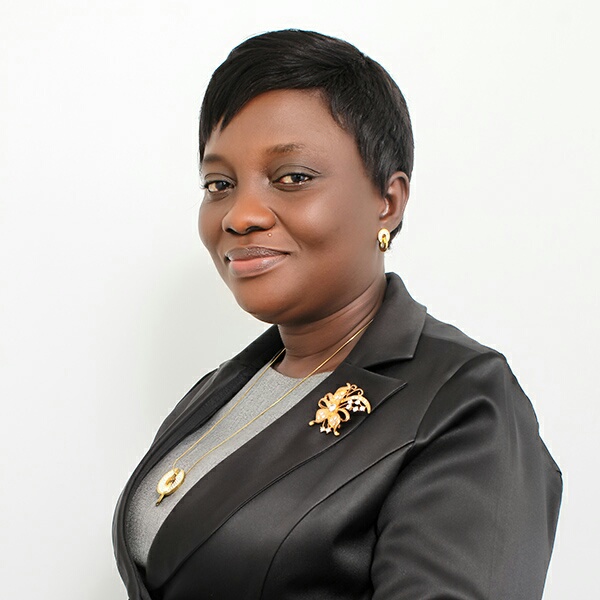
Accra, March 1, GNA – Mrs Linda Asante-Agyei, the Vice President of the Ghana Journalists Association (GJA), has called on research institutions to involve journalists from the beginning to the end of their research activities.
« This will enable journalists to understand and report accurately on the findings. When you read the journals, they are so technical, we do not even understand but we are supposed to be doing stories from them, » she said.
« I have always said that research institutions need to get the media on board so they understand what the research is all about from the scratch to the end ».
Mrs Asante-Agyei said this when she facilitated a media training workshop on infertility, organised by the Merck Foundation, in partnership with the GJA and the Rebecca Foundation for journalists across the country.
She spoke on the topic: « Ethical Medical Journalism, Challenges and Opportunities. »
Mrs Asante-Agyei said journalists would not misinterpret research findings if they were involved from the beginning to the end because they would be well equipped with information to inform members of the public accurately.
She said researchers only met journalists mid-way on their research work or would bring the findings to the journalists when it was completed.
« As we are not conversant with it, we turn to report it the way we understand it and sometimes because of the technical nature, some journalists will not even master the courage to go further and ask for details and clarifications. »
« That is how come we have some journalists interpreting research findings the way they understand them. »
« Ethics must place emphasis on seeking the truth, provide fair and comprehensive accounts of events and issues, minimizing harm, acting independently and being accountable. »
The GJA Vice President said it was important to know that readers and viewers may make important healthcare decisions based on information journalists provide in their stories and programmes.
Mrs Asante-Adjei said credible and successful journalists must accept responsibilities for their words, and must prepare themselves to face challenges.
She reiterated the need for journalists to be professional in their reportage and be mindful of objectivity and credibility as these were paramount in the discharge of their duties, bound by the standards of truth and accuracy.
Madam Ekta Pal, the Social Responsibility Associate at the Merck Foundation, who spoke on the: « Role and Importance of Social Media in Raising Awareness, » said it was important for journalists to patronise social media networks to convey their messages to their audience.
She said the penetration of social media was at a faster pace and urged journalists to use them to create awareness on infertility and stigma as they had the power to change the mindset of the masses.